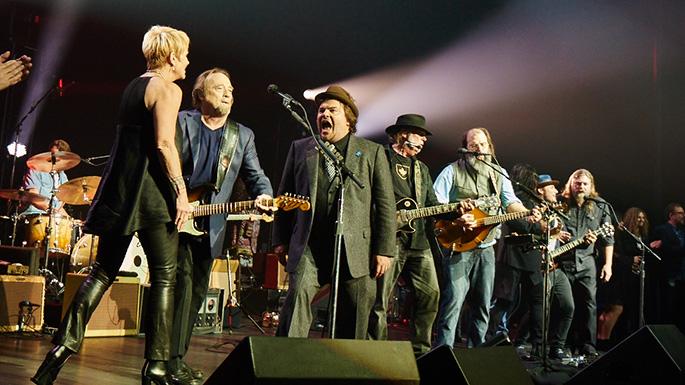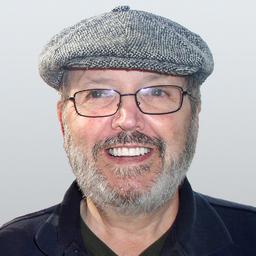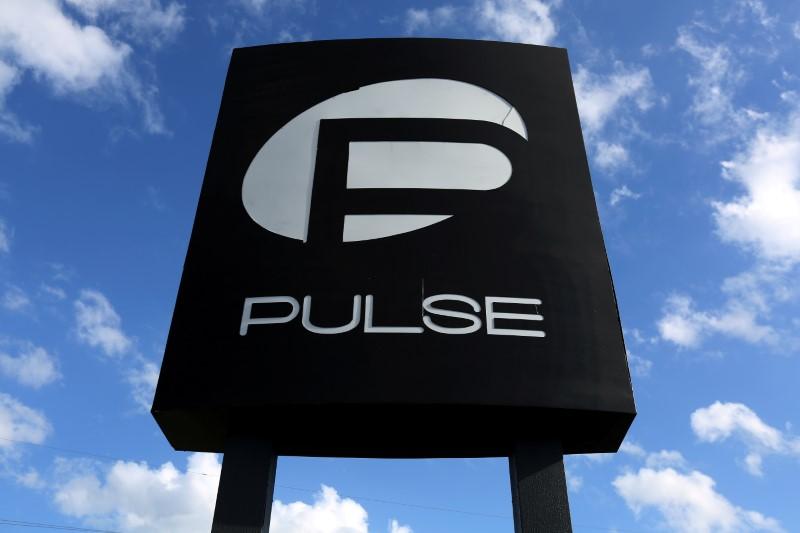In his 1922 poem “The Waste Land,” T.S. Elliot called April the “cruelest month.” In 2015 hindsight, this line is loaded. Disasters, historical quirks of fate, and tribulations enshroud the month of April: the Titanic disaster, the Martin Luther King assassination, the Oklahoma City and Boston Marathon bombings, the Virginia Tech and Columbine massacres, the start of the Armenian and Rwandan genocides, and countless other notes of infamy, including the birth of Adolf Hitler.
April can also be a symbol of rebirth, sort of like the rising of the Phoenix from the ashes. Lilacs take root in the lifeless earth, to paraphrase Elliot. Such has been the theme this month, about to draw to a close, to spur year-round awareness of the innate brain developmental disorder of autism. According to Autism Speaks, an autism research and education organization, tens of millions of individuals around the globe have been diagnosed with autism. An estimated one in 68 Americans lives with autism, a malady that has no cure.
In an email to the Epoch Times, Sarah Osborn, spokesperson for the Autism Society, based in Bethesda, Maryland, National Autism Awareness Month in effect strives to clear the air of ignorance about autism through education. Also called autism spectrum disorder (ASD), autism is marked by hardships in social interaction, verbal and nonverbal communication, and repetitive behaviors. Integration of people with autism in education, social, and workplace settings pose challenges.
Additionally, Osborn writes, “[Our goal] is to advance the principle that people with ASD can procure gainful employment and lead productive lives and be prominent figures in communities.”
Awareness in autism has been at full throttle in April in hopes that it gains acceptance and sensitivity for people with autism and generate support to integrate accommodations in public places.
Awareness includes setting straight the mindset about autism among many Americans, who associate it with ill-mannered behavior or mental retardation, claims Autism Speaks.
Yet, states WebMD, which purveys expert information in laymen language, those with autism are on par with the general population on the intelligence spectrum. IQ tests, which include language and interpersonal analyses, WebMD acknowledges, misrepresent the intelligence of people with autism, whose struggle with social skills and difficulty with tasks considered simple is well-documented, yet so is their ability to quickly master some complex tasks and concepts.
Heredity and genetics are believed to be factors in the causes of autism. Boys are five times more apt to have autism than girls.
In an ironic twist, part of the campaign is to straighten public notions about high-end autism, which includes Asperger’s Disorder and Savant Syndrome. The use of the term “savant” to describe an individual with uncanny talent or creativity is as if the holder bore a title or rank, and, as Stasia Ward Kehoe, a guest blogger on Autism Speaks, adds, “They [stereotypes] describe people with autism deemed ‘quirky,’ ‘nerdy’ or ‘weird.’” Simple explanations to a complex issue might have roots in the portrayal of savants in media and film, she explains, such as Dustin Hoffman’s character in Rain Man, and the international fame of artist Stephen Wiltshire and recording star Sharon Boyle, who have autism.
Although the term autism wasn’t coined until the 1940s, famous people in history are thought to have been on the autism spectrum. According to a group called Autism Mythbusters, the prodigious list includes Albert Einstein, who didn’t begin talking until late and was thought to be mentally retarded, Thomas Jefferson, shy and inarticulate, Charles Darwin, Michelangelo, Andy Warhol, Amadeus Mozart, and the reclusive poet Emily Dickenson.
Awareness month is also propelled by statistics that illustrate a need to cope with the tough sledding for autistic children in schools. “[T]he rate of bullying and victimization among these adolescents is alarmingly high,” said Paul Sterzing, an autism researcher at Washington University in St. Louis, to the New York Times. This may be attributed to autistic people not being physically coordinated and therefore an improbable participant in sports—not good in a nation that inculcates at an early age the premium of participating in athletics and working in teams, an anathema for people with autism.
Activities in generating awareness wrap up this week, and it is hoped the message will carry throughout the year. From New York to California, month-long efforts have included auctions and walk-a-thons.
Last weekend, Pantages Theater in Hollywood, Calif., rocked with “Light Up the Blues Concert,” sponsored by Autism Speaks. Headlined by Stephen Stills and Neil Young of the legendary group Crosby, Stills, Nash and Young, the event attracted A-listers, who included Brad Pitt. His winning $23,000 bid in the auction for a Fender guitar autographed by the performers was the icing on the cake.
Timothy Wahl’s experience in business, education, the sciences, and the arts gives him a unique platform on a spectrum of subjects.





